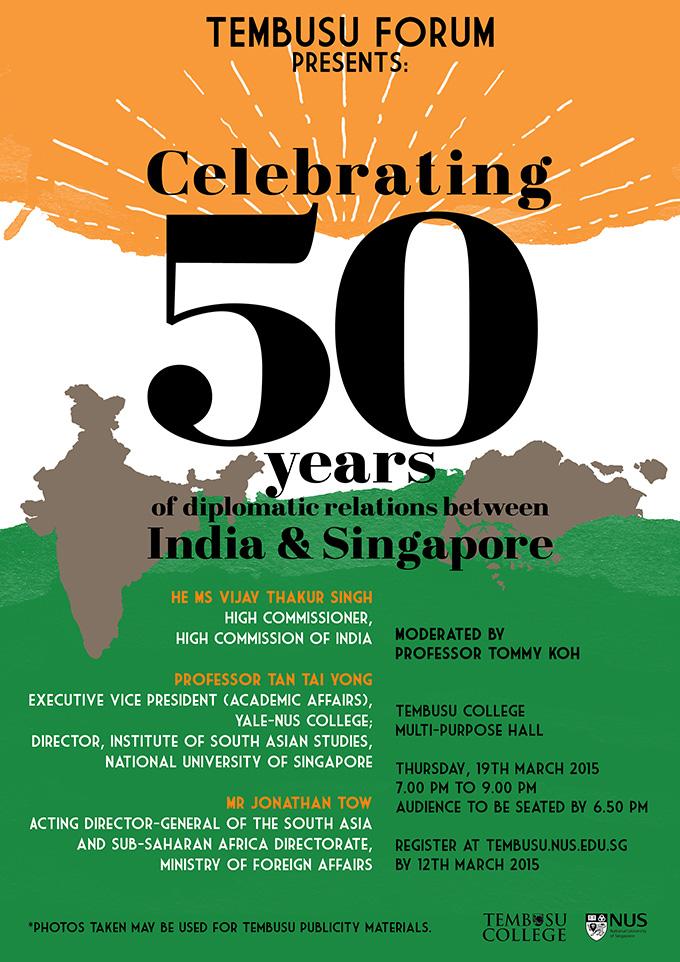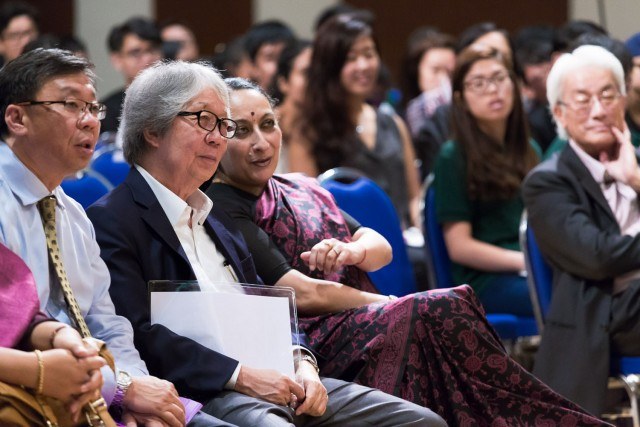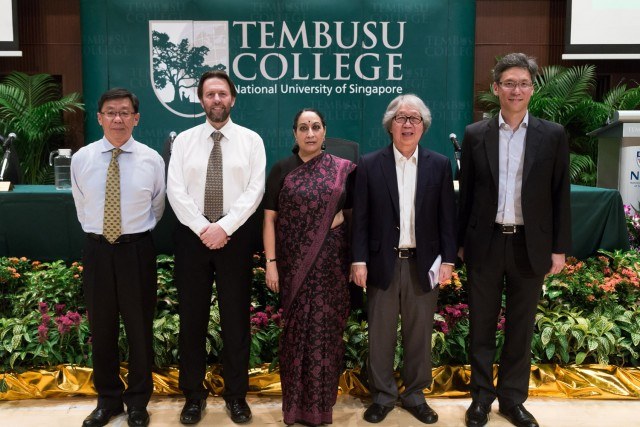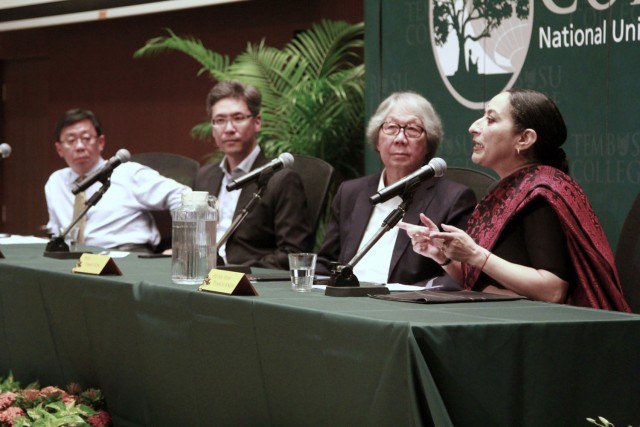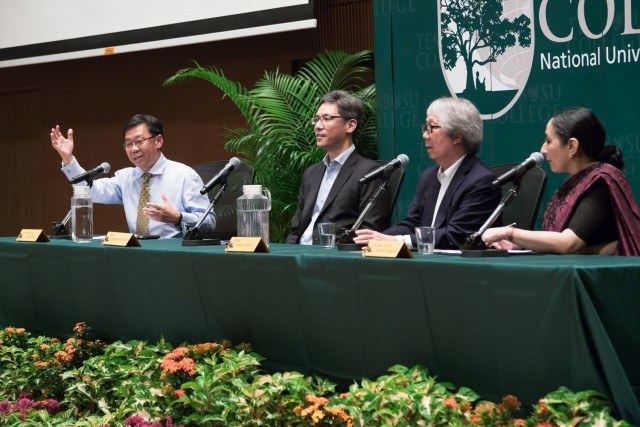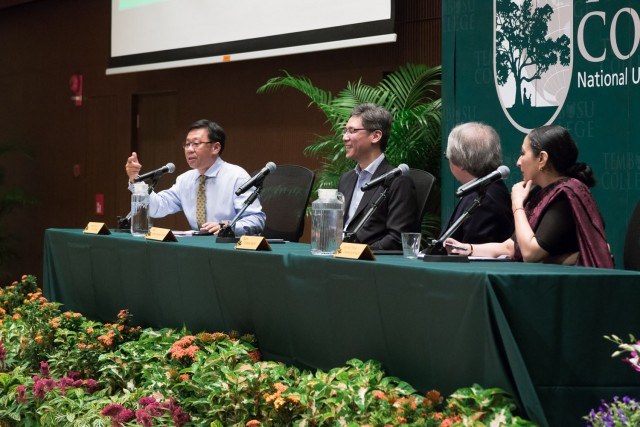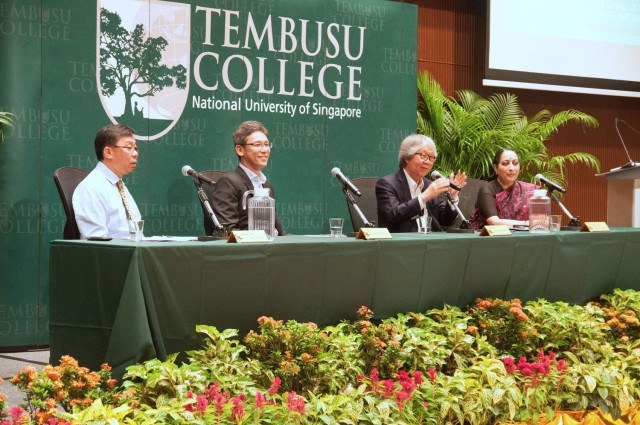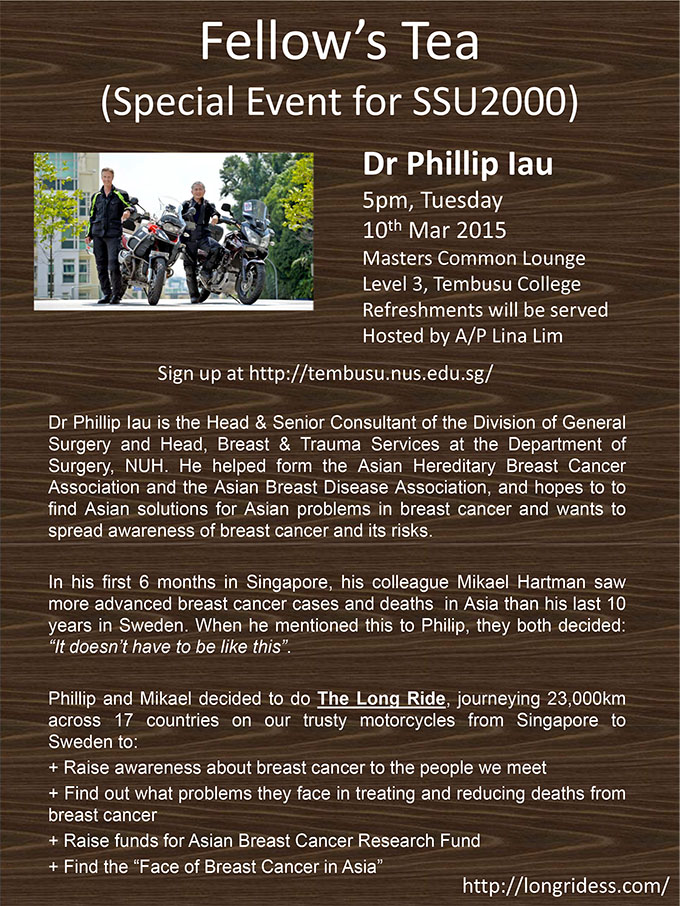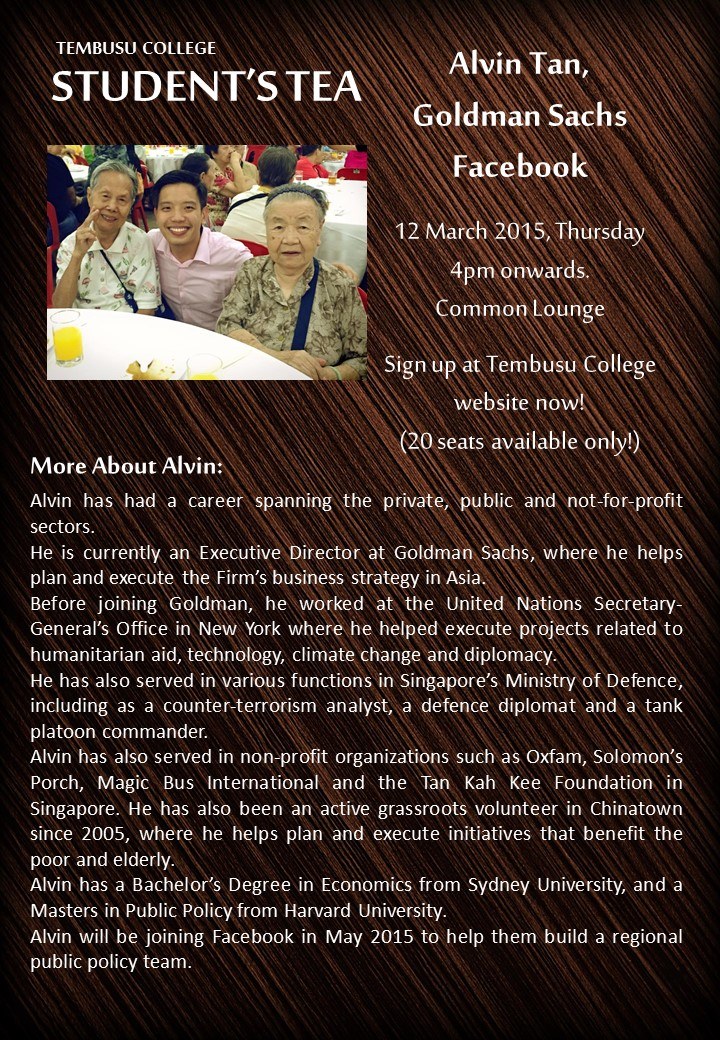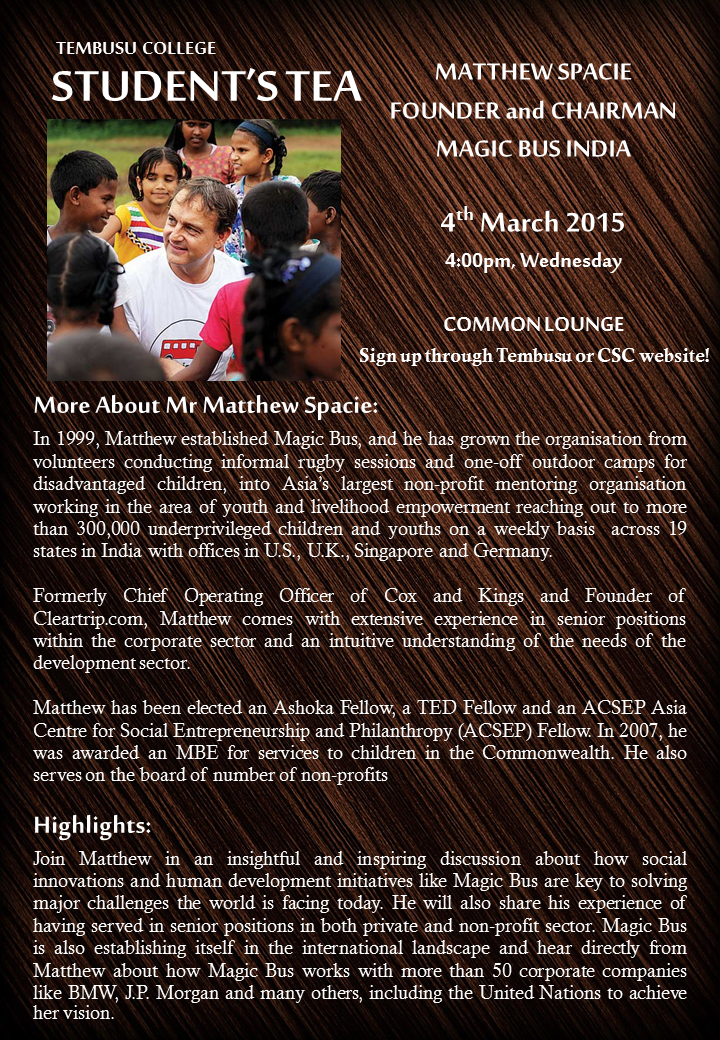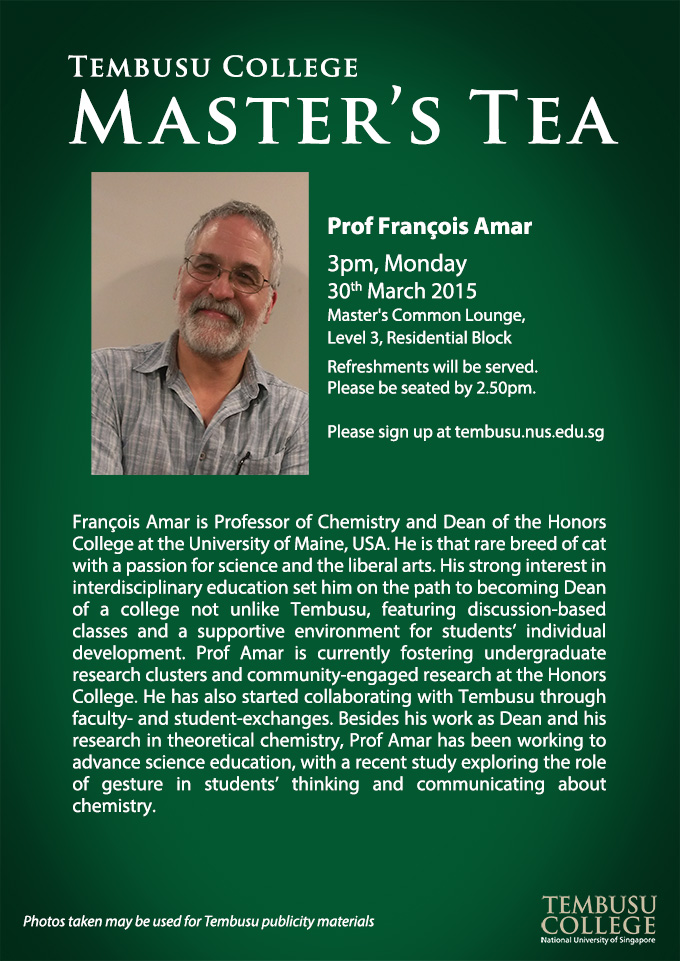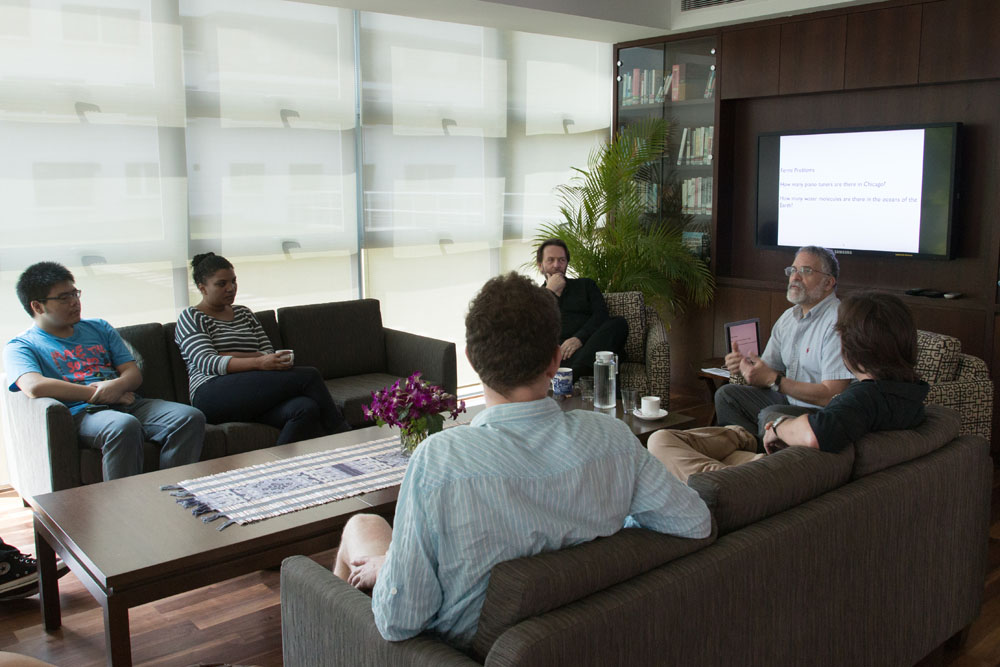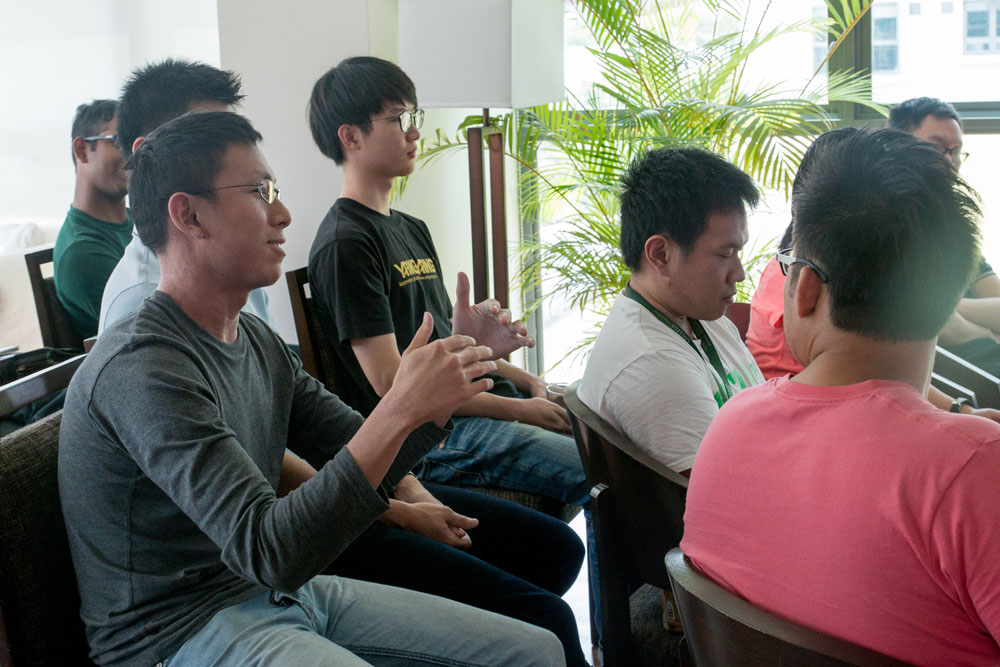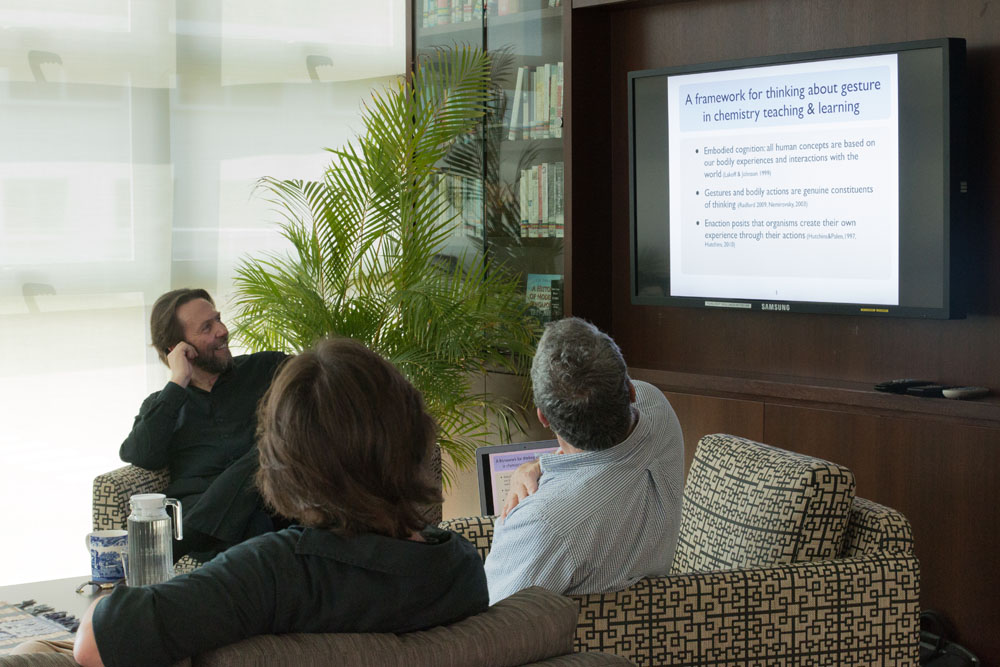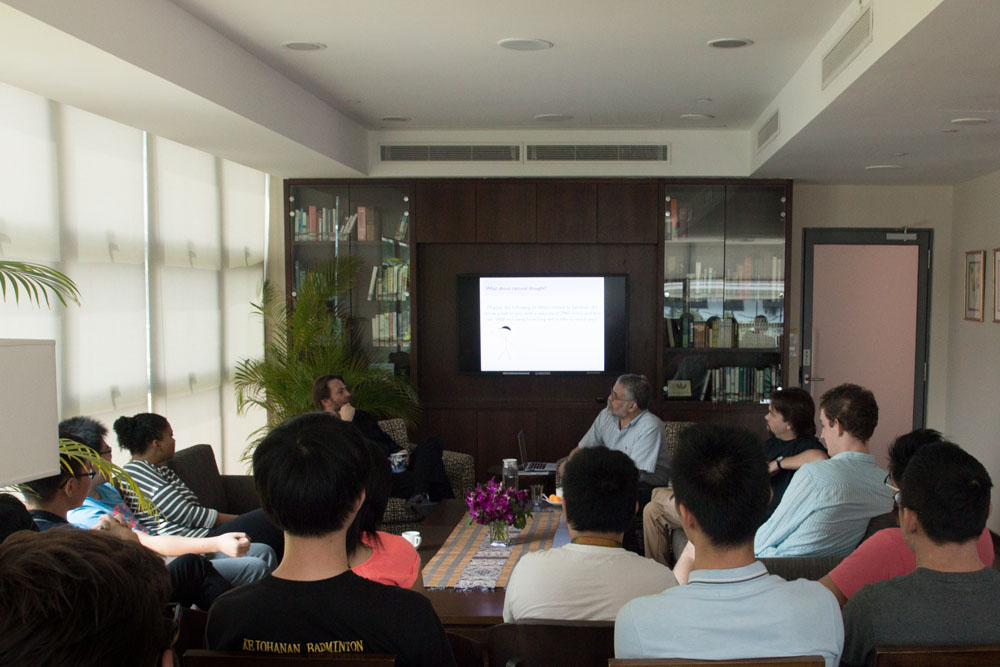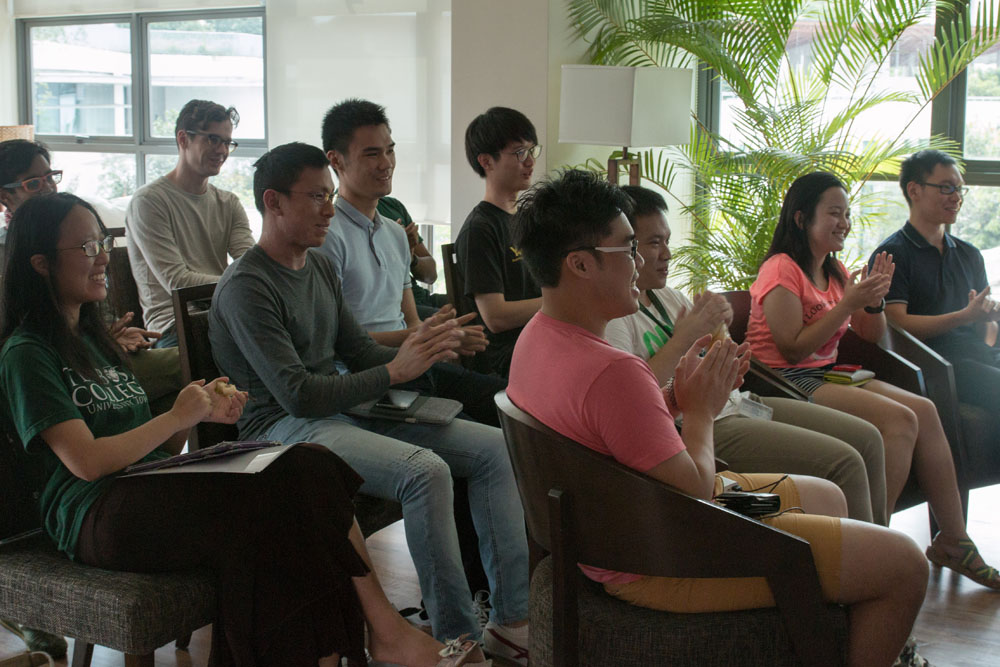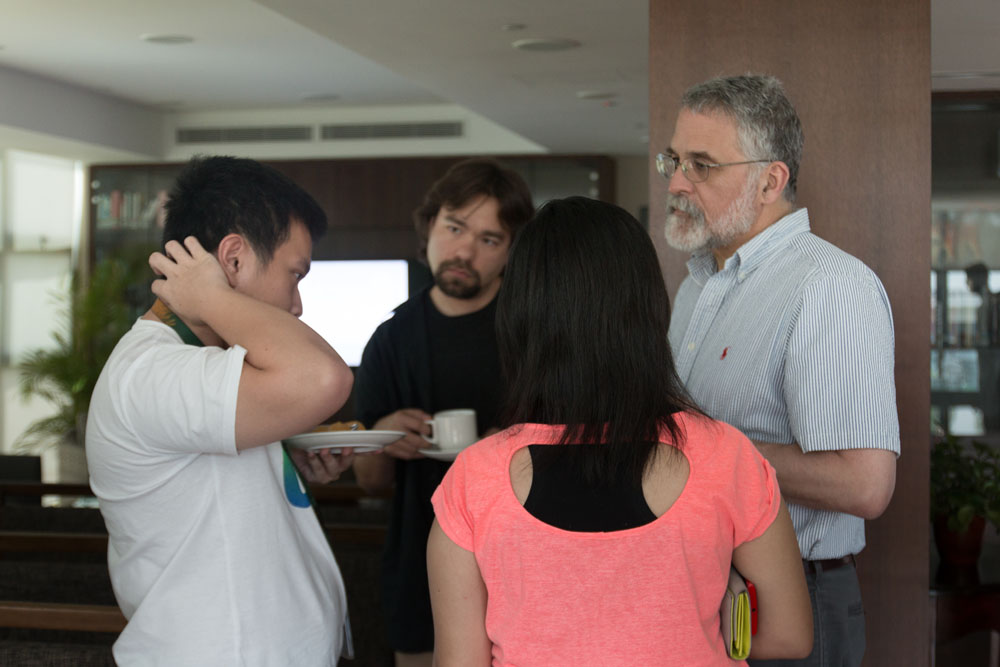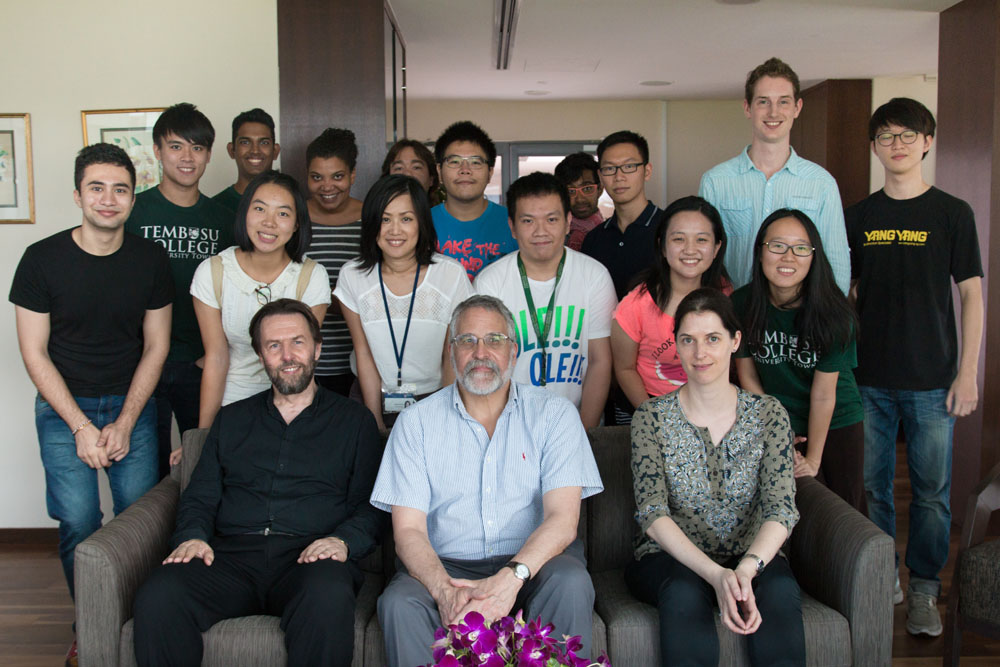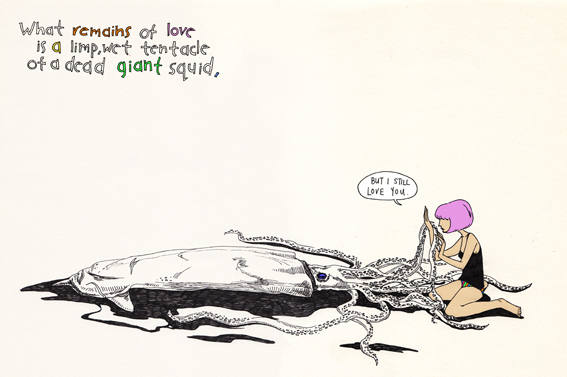Raffles Ambassador Series Lecture 2015
Tuesday, 24 February 2015
50 Years of Singapore’s Diplomacy”: Highlights and Insights
Professor Tommy Koh, AAL, MFA, Singapore
1 No country lives in complete isolation. Every country has neighbours and has relations with other counties in the world. This is why every country has a department or ministry of foreign affairs or external relations. Singapore has a Ministry of Foreign Affairs. What I would like to do this morning is to capture five highlights of Singapore’s diplomacy in the past fifty years.
2 But, first, let me explain what are the objectives of diplomacy. Our first objective is to protect the independence and territorial integrity of our country. Our second objective is to promote the national interests of our country. Our third objective is to enhance our relations with other countries and, when problems arise, to solve them in a peaceful and mutually beneficial manner. Our fourth objective is to work for a peaceful, prosperous, just and humane world, based upon the principles of the UN Charter.
3 The second caveat I want to make is that a diplomatic does not work in a vacuum. He represents a specific country His effectiveness will depend, not just on his ability, but on the size of his country, its economic, military and soft power. This is less true in multilateral diplomacy where, on occasions, a brilliant diplomat may enjoy more influence than his country.
First Objective
4 Singapore was born in unusual circumstances. Because of those unusual circumstances, there were some uncertainty about the genuineness of Singapore’s independence and sovereignty. Our first diplomatic objective was to gain the recognition of the world. This we accomplished by joining the United Nations, the Non-Aligned Group and the Commonwealth. In 1968, three years after our independence, I was sent to the UN to consolidate Singapore’s position in the community of nations and to make friends for Singapore. Today, Singapore is a respected member of the international community. It has diplomatic relations with 188 countries. There are 70 diplomatic missions in Singapore. Singapore has established embassies, high commissions and consulates in 32 countries.
Second Objective
5 Singapore is located in the heart of South-East Asia. This is our destiny. It is therefore in Singapore’s national interest to work for a South-East Asia which is peaceful and stable. It is in our national interest to work for a strong ASEAN. I call this our second diplomatic objective.
6 Fifty years ago, South-East Asia was a region of turmoil and instability. The newly independent countries were fragile and many of them faced insurrections or guerrilla wars. Having been ruled by different colonial masters, the countries were ignorant of one another. There was a deficit of understanding and trust among them. Some pundits in the West thought so poorly of our prospects, that they described our region as the “Balkans of Asia”. Today, South-East Asia is a region of peace and stability and, economically, the fastest growing region of the world.
7 Likewise, when ASEAN was founded 48 years ago, many experts thought it was likely to be a victim of infant mortality. Today, ASEAN is probably the second most successful regional organization in the world. It has helped to keep the region peaceful and to promote a culture of cooperation. By the end of this year, ASEAN’s ambition is to join the 10 economies into a single economy and production platform.
8 ASEAN has also played an indispensable role in bringing all the major powers and other stakeholders together through such forums as the ASEAN + 1, ASEAN + 3, ARF, EAS and ADMM+. ASEAN has also concluded free trade agreements or economic partnership agreements with China, Japan, South Korea, India, Australia and New Zealand and is currently pushing for the early conclusion of the RCEP.
9 It would not be wrong to say that our second diplomatic objective has been fulfilled.
Third Objective
10 During the Cold War, the world was dominated by two superpowers, the United States of America and the Soviet Union. Since the end of the Cold War, the world has been dominated by only one superpower, the United States. In terms of military power, the US has no equal. Economically, the US’s share of the world economy has been gradually declining and may soon be surpassed by the size of the Chinese economy. However, apart from size, the US economy is still the world’s most dynamic and innovative economy. On soft power, the US also occupies the apex position.
11 My conclusion is that America is still the most powerful country in the world and is likely to remain so for some years. America undergirds the security order in the Asia-Pacific. America is the founder of the Post-Second World War world liberal order which has benefitted the world, including Singapore. It is therefore in Singapore’s national interest to be close to America and to have a strong relationship with her. I would call this our third diplomatic objective.
12 In spite of the differences in size, geography, history and culture, I would describe our relationship with the US as substantive, comprehensive and mutually beneficial. We are major trading partners, and we have just celebrated the 10th anniversary of our free trade agreement. The US has more foreign direct investment in Singapore than anywhere else in Asia. Singapore is not a military ally of the US. However, Singapore allows the US airforce and navy to use our facilities. The US Navy has stationed several Littoral Combat Ships (LCS) in Singapore. There is a substantial community of US companies and families in Singapore. Many Singapore students study at the leading universities of America. The people-to-people ties between our two countries are very good.
Fourth Objective
13 Our fourth diplomatic objective is to build very close ties with the major powers and economies, viz, China, Japan, India and the EU. Singapore has concluded free trade agreements or economic partnership agreements with all four of them. The one with the EU is pending ratification.
14 Although Singapore may be a small country, it enjoys considerable economic power. For example, for the past two years, Singapore has surpassed Japan to become the largest foreign investor in China. Singapore is also the largest foreign investor in India. Singapore is a major export market for both Japan and the EU.
15 Apart from economics, Singapore has also forged very strong political and cultural ties with all four of them. Our foreign policy is to be a friend to all and an enemy of none. We wish to be equally close to ASEAN, the US, China, Japan, India, the EU, etc. When they quarrel, for example, between China and Japan or between China and the US, we do not wish to take sides but to remain neutral.
Fifth Objective
16 Small countries tend to be ignored by the big countries. Small countries are sometimes trampled upon by their bigger neighbours. International society is more hierarchical than democratic. Although Singapore is a realist, it is not a fatalist. It does not accept the status quo as immutable. It has been proactive at the UN in uniting the smaller countries and to amplify their voices and influences.
17 In 1992, Singapore took the initiative to establish the Forum of Small States (FOSS). All countries with a population of below 10 million are eligible to join. Its current membership is 105, slightly over half the membership of the UN.
18 In 2009, in response to the global financial crisis, the leaders of G7 took the lead to form G20. Many countries, excluded from G20, fear that their views and interests would be ignored. Singapore therefore took the initiative to form a new grouping of 30 small and medium sized countries. The group is called the Global Governance Group or 3G. The group caucuses on issues on the agenda of G20 and submits papers on those issues to G20. 3G has also insisted that the Secretary-General of the UN be invited to attend all G20 meetings.
19 Perhaps because of the leadership role which Singapore plays in FOSS and 3G and because Singapore is one of the world’s largest financial centres, the Prime Minister of Singapore has been frequently invited by the hosts of G20 to attend their summits.
Conclusion
20 Let me conclude. During the past 50 years, Singapore’s diplomats have worked hard to protect Singapore’s independence, territorial integrity and national interests. They have succeeded, partly because of their abilities and partly because of Singapore’s economic, military and soft power. We have succeeded in turning South-East Asia, from a region of instability to a region of peace and stability. We have made ASEAN into a strong regional organization and developed a culture of cooperation. We have forged a strong relationship with the United States as well as with China, Japan, India, the EU and others. We have played a leadership role in FOSS and 3G. As a result, Singapore enjoys a standing in the world which one would not expect for a country of its size. The weekly magazine, the Economist, once described Singapore as a country which punches above its weight. Will Singapore continue to do so in the years ahead?
. . . . . . .


